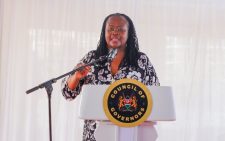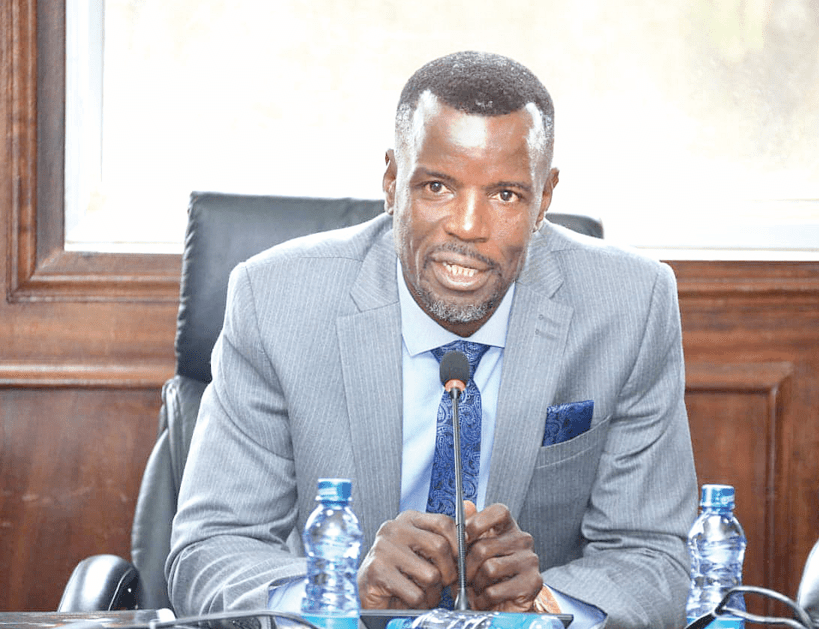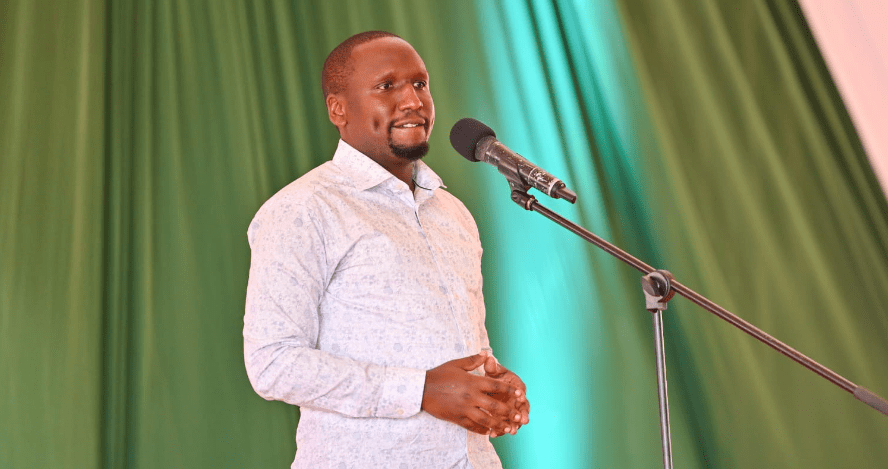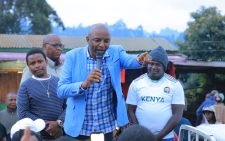DPP Ingonga: Empowering Maa boychild key to ending crime, social exclusion
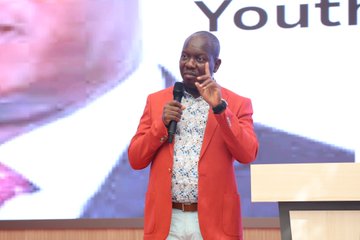
Director of Public Prosecutions (DPP) Renson Ingonga has called for deliberate and inclusive efforts to uplift the Maa boychild through legal awareness, civic education, and sustainable development initiatives.
Speaking at the Maa Boychild Empowerment Summit held at Narok on June 27, 2025, Ingonga stressed that empowering boys in marginalised communities like the Maa is essential for the broader transformation of society.
“The boychild plays a pivotal role in shaping the future of the community. Their empowerment bridges traditional values with global opportunities,” he said.
The summit, themed “Understanding the Law and Combating Criminality Among Youth,” was organised by the Senator Hezena Lemaletian Foundation. It brought together elders, educators, policymakers, faith leaders, and youth advocates to address pressing challenges facing young men in the Maa community, including crime, substance abuse, and social exclusion.
Ingonga highlighted the constitutional safeguards provided to marginalised groups and urged increased efforts to ensure Maa youth can access and exercise their rights.
He raised concern over growing trends where young men are disproportionately involved in crime yet often excluded from empowerment initiatives. “Our boys are often viewed as threats instead of potential change-makers. This must change,” he asserted.

Beyond legal awareness, the DPP emphasised the need to support the boy child’s mental well-being and identity development while preserving cultural heritage.
“Our response must honor our heritage while embracing new realities. By working with elders, faith leaders, and educators, we can transform traditional rites of passage into platforms for civic education and responsibility.”
Ingonga also reaffirmed the Office of the Director of Public Prosecutions (ODPP) commitment to restorative justice, including diversion, rehabilitation, and community-based interventions where appropriate.
“Understanding the law should empower, not intimidate. Ignorance of the law offers no refuge, but knowledge of it brings protection and purpose,” he said.
In a moment that resonated with many in attendance, the DPP remarked, “They say boys are like Wi-Fi—strong when connected, lost when disconnected. Let us not disconnect them from education, identity, or opportunity.”
He concluded by urging young Maa men to take an active role in environmental conservation and climate resilience—areas where the community has long been a steward of nature.
“The Maa community has a proud legacy of safeguarding the environment. The boychild must now step up to uphold this legacy and promote peace and sustainability,” he added.

